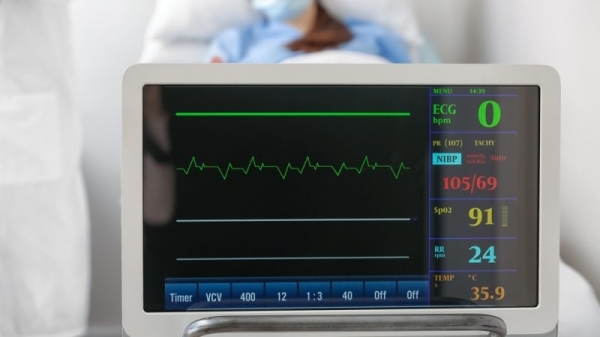Portuguese president vetoes fourth draft euthanasia bill

The fourth parliamentary bill decriminalising medically assisted dying was vetoed by President Marcelo Rebelo de Sousa on Wednesday, hours after he told a student that only legal and technical problems with the bill remained.
In a question-and-answer session during the commemorations of the 50th anniversary of the 3rd Congress of the Democratic Opposition, which began at Aveiro University, a student asked Rebelo de Sousa about his opinion on the approval of the euthanasia law.
In his response, the president said he needed first to see the law and said the relationship between assisted suicide and euthanasia is now at stake.
“That is what I will rule on. If I have doubts, I will ask the Constitutional Court. If I don’t and I have doubts only of boundaries or of clarification, I will ask parliament. If I have no doubts, I will promulgate it,” he said.
The president argued that he never invoked “religious arguments, nor philosophical or political-ideological positions”, adding that only “legal problems were raised, due to the nature of the law, and technical problems”.
“The law is very complex and bureaucratic, with a long and difficult application, and it has to be precise so that later if parliament wants to maintain its approval, it will be possible to execute it,” he added.
Speaking about his decisions that were made public later that day, Rebelo de Sousa said: “I don’t even know if the speaker of parliament won’t sign it now when he returns to Lisbon, or if he will sign it this afternoon or tomorrow – I am quick on these matters so that there is no speculation, my decision will be quick, and we will see what it is”.
A few minutes after these statements, the president announced through a note on the Presidency website that he would return Decree no. 43/XV, on medically assisted death, back to parliament, without promulgation.
“Specifically, I ask the parliament to consider clarifying who defines the patient’s physical incapacity to self-administer lethal drugs, as well as who should ensure medical supervision during the act of medically assisted death,” the head of state wrote in the letter to parliament.
The fourth parliamentary decree on medically assisted death was approved in a final overall vote on 31 March and, after fixing the final wording, published in the parliament Gazette on 13 April.
This is the fourth decree approved by parliament so that medically assisted death is no longer punishable under certain conditions.
It proposes that it can legally occur “by decision of the person, of legal majority age, whose will is current and reiterated, serious, free and clarified, in a situation of the suffering of great intensity, with definitive injury of extreme gravity or serious and incurable disease, when practised or assisted by health professionals”.
When the first legislative initiatives on this matter arose, Rebelo de Sousa, a practising Catholic, advocated a long and wide public debate. However, he placed himself outside the discussion, referring to his role at the end of the parliamentary legislative process.
On receiving the first decree of parliament on this matter, he sent it to the Constitutional Court, which declared it unconstitutional in March 2021 for insufficient normative densification.
In November 2021, before the second decree, the head of state used a political veto, considering that it contained contradictory expressions.
In the current legislature, on receiving the third decree from parliament, he sent it to the Constitutional Court, which declared it unconstitutional on 30 January.
(José Duarte Neves | Lusa.pt)



